- 50shares
- 50
8 1/2 (1963)
Del Toro has nothing but praise for this Federico Fellini film. It’s both intimate and universal and offers a portrait of the filmmaker himself.
I mean, the film’s about a director who’s suffering an artistic block and goes searching for a purpose, so I can see how it speaks to a filmmaker that way.
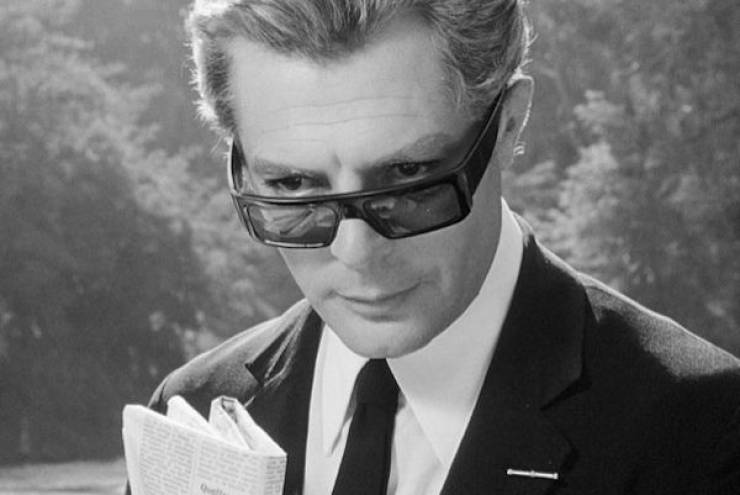
Beauty and the Beast (1946)
This adaptation of the fairy tale is one of the most “magical he’s ever seen.” Del Toro appreciates the Freudian undertones and sophisticated, yet poetic, story, and says that it influenced his work on The Shape of Water.
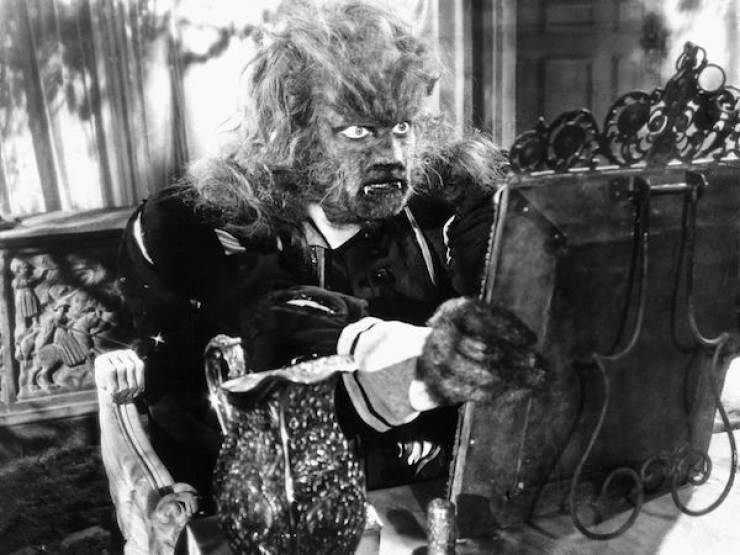
Blood Simple (1984)
This was the directorial debut of the Coen Brothers, and it’s a delicious neo-crime thriller about a man who hires a PI to kill his unfaithful wife and her lover.
As a first film, it’s the perfect movie to get started as a crafter of iconic and absurd films.
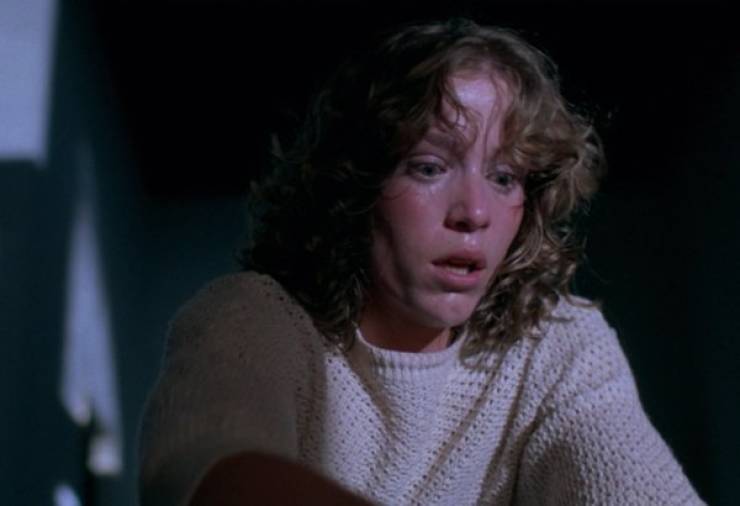
La Chienne (1931)
This is the second sound film made by the legendary Jean Renoir, and it’s the story of a pimp and a prostitute, looking to extort a lonely man.
Del Toro finds himself drawn to the humanity on display in the film, and the goodwill that the director shows to his characters.
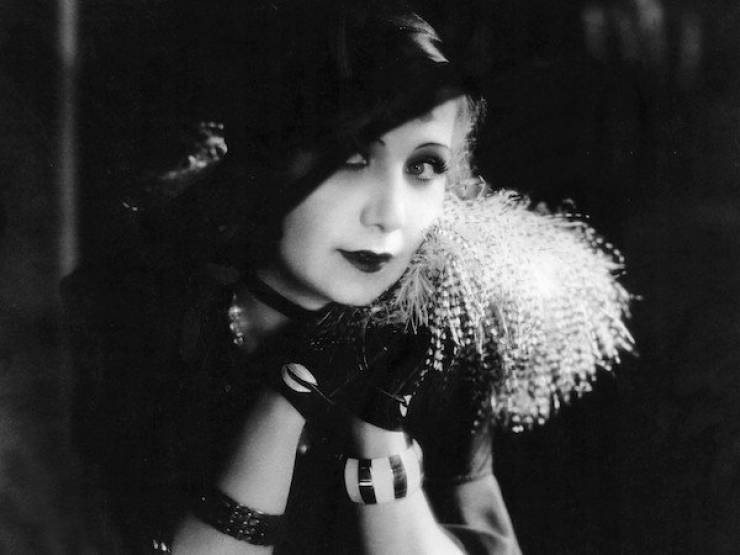
Canoa: A Shameful Memory (1976)
This is a documentary-style drama about a group of young workers who get mistaken for communists and lynched during a trip in the mountains. A hallmark of Mexican cinema, Del Toro considers the script one of the most brilliant ever written, and was very progressive in its break with censorship and what the state believed that appropriate cinema should be.
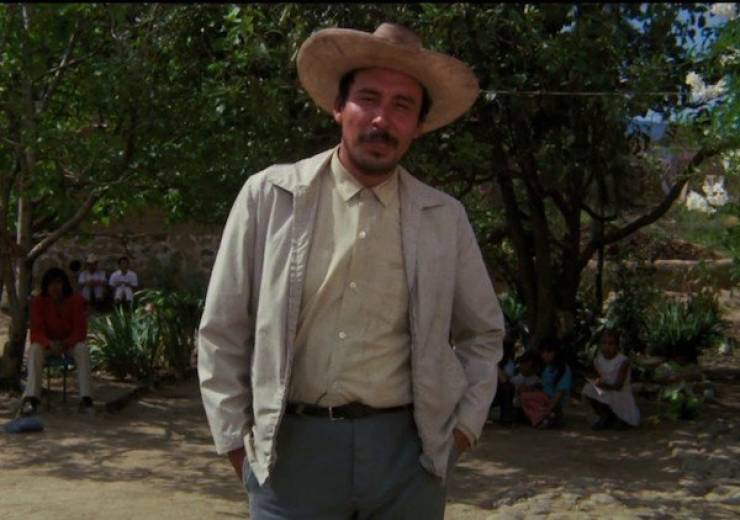
Eyes Without a Face (1960)
This French-Italian horror masterpiece is about a plastic surgeon who’s obsess with performing a face transplant on his daughter, after an accident.
The attraction of this film is the contrast between beauty and brutality, where images can be both enchanting and haunting simultaneously. Plus, the soundtrack is hauntingly beautiful.
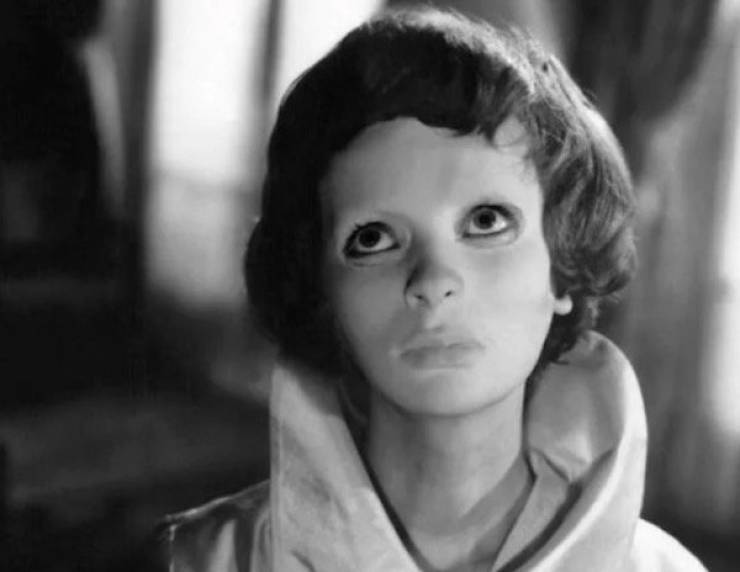
Frankenstein (1931)
If anyone’s seen images of his home or even the travelling exhibit that roamed around the world a few years back, you know this is one of his favourite movie monsters. For him, this movie touches the very essence of who he is as a filmmaker and what he believes in. Both the imagery and the performances are untouched in how well they convey power and fragility, as well as capture the story.
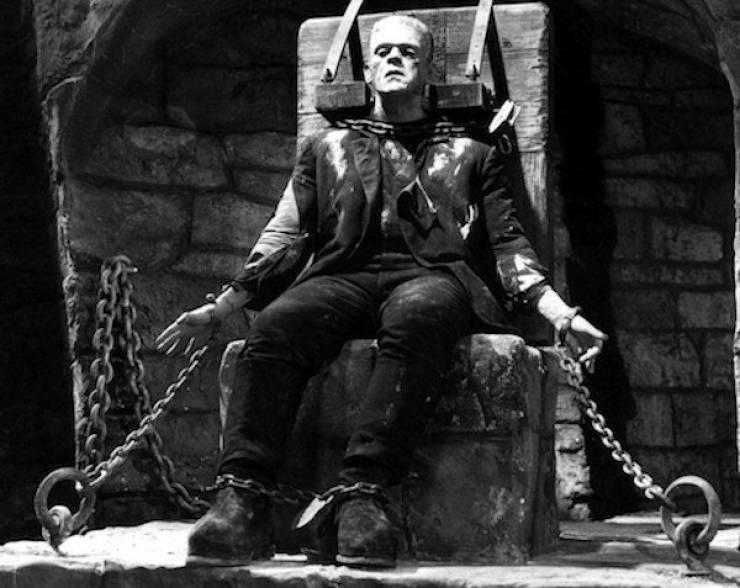
Freaks (1932)
In an interview, Del Toro admitted that his film is full of iconic moments of pure cinema, pulp horror, carny noir and perverse melodrama.” Even today, it’s still sick and twisted, yet perversely human.
He’s definitely one of us.
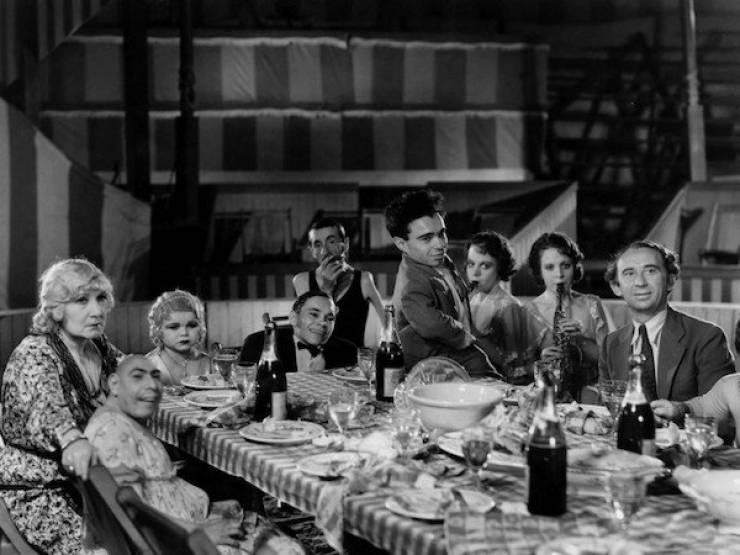
A Ghost Story (2017)
When it comes to ghost stories that really get you, Del Toro is a master. But this one, he says is one of the most cinematic ghost stories ever made, and his personal favourite of 2017.
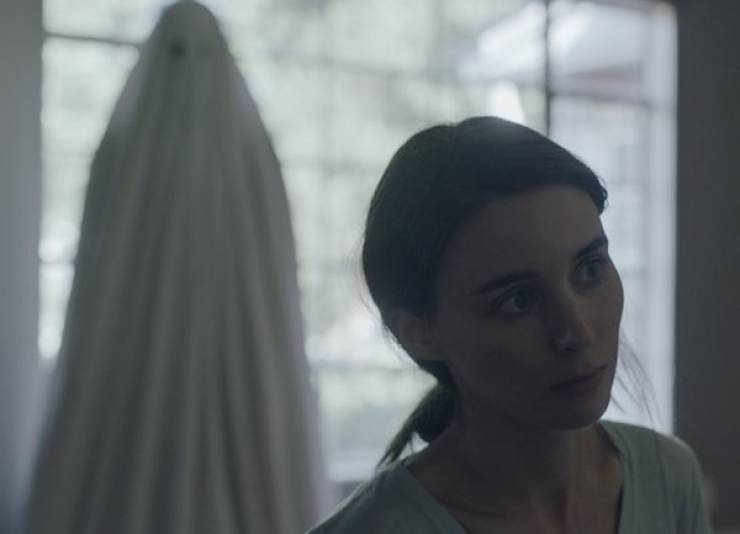
Goodfellas (1990)
Everybody knows that this film is a masterpiece, so it shouldn’t come as any surprise that the director loves it. For him, it’s one of the most influential films ever made, and it helped create the language of 21st century cinema.
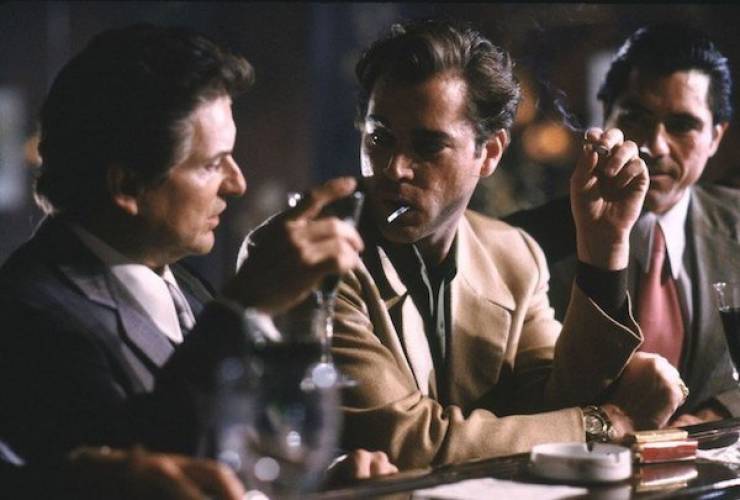
Greed (1924)
According to GDT, this film highlights the depths of human perversity and is a twisted fable about money, love and loss. This influential film is considered one of the greatest of the silent era, and it still as brutal and modern as the day it was released, and had a story that was far too insightful into today’s condition.
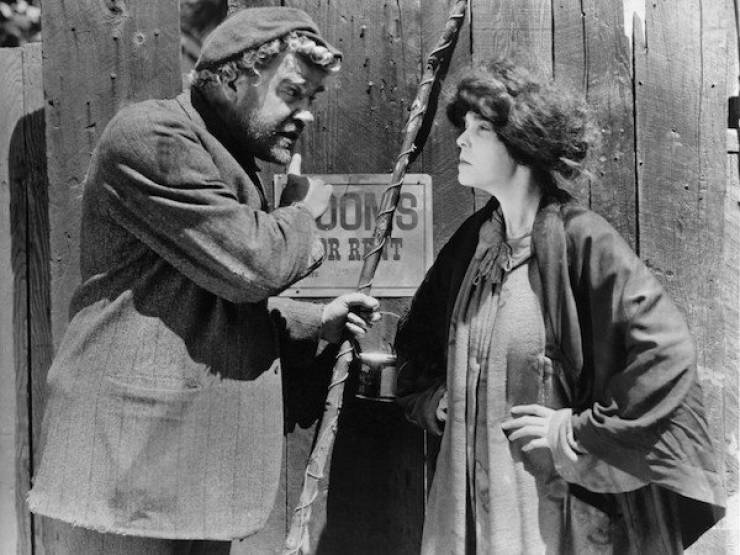
The Innocents (1961)
This psychological thriller is considered by the director as one of the best British horror films. There’s something about a gothic manor, a paranoid governess and some creepy kids to really get the director’s back up.

Jaws (1975)
According to GDT, this is the greatest horror film ever made, and I’d be inclined to agree. The fact that the titular shark was hidden until the second half of the film, has shaped the structure of monster movies for the decades to come and influenced how he makes his monster films as well.
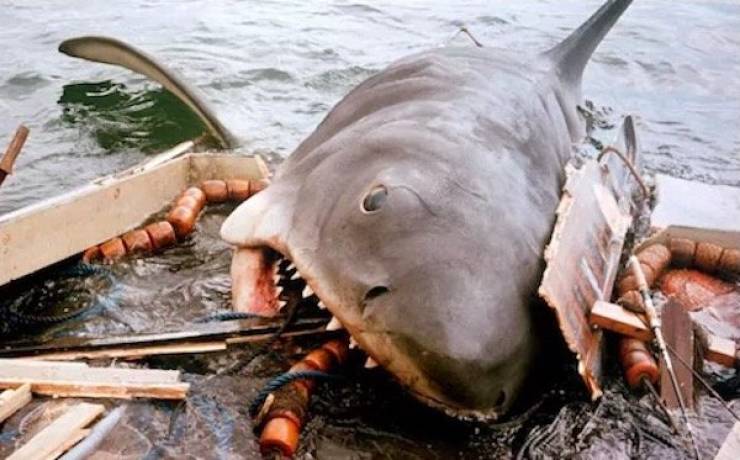
Kwaidan (1965)
It should be no secret that Del Toro loves a good ghost story. This anthology film of Japanese ghost stories offers several; creating a fairy tale that is both scary and beautiful at the same time.
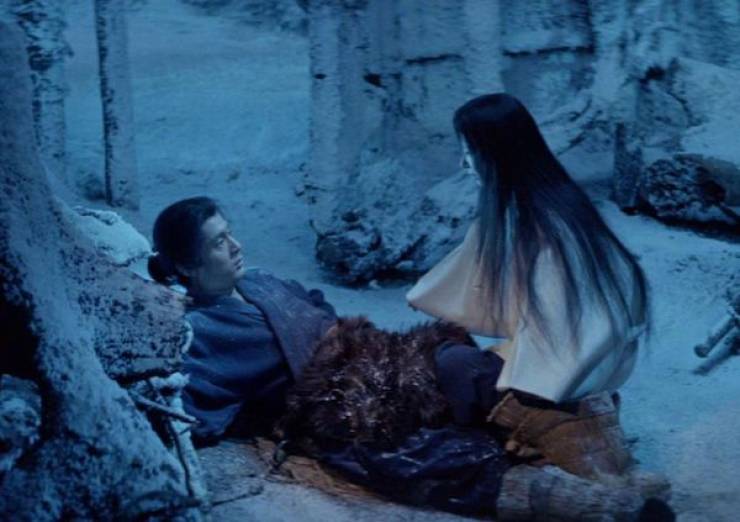
The Man Who Knew Too Much (1956)
Like every director born in the 60’s, Alfred Hitchcock’s work is a great influence on their body of films. Out of all of them, however, Del Toro prefers this one as the most influential for him, saying that there’s a haphazard chaos in the film that’s both frantic and charming.
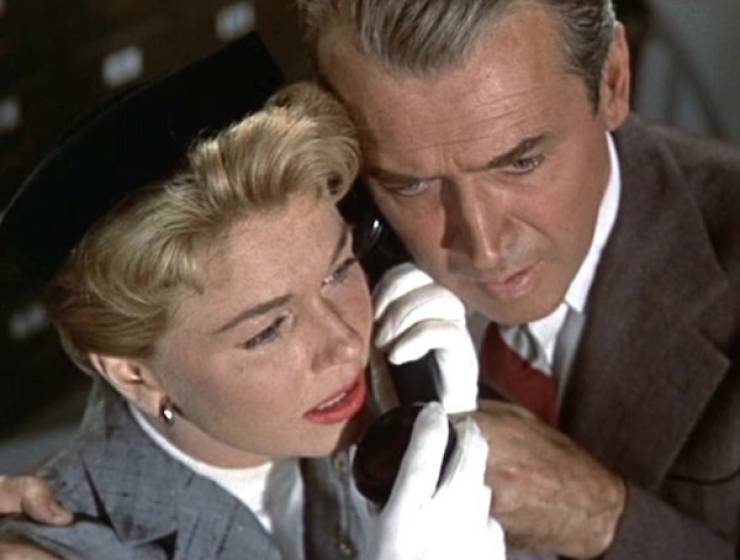
Modern Times (1936)
Every comedian and director alive that’s worth their box office money, has been inspired by Chaplin; that goes without saying. For this particular film, it’s got a great command of the cinematic medium, and that’s what makes it a masterpiece.
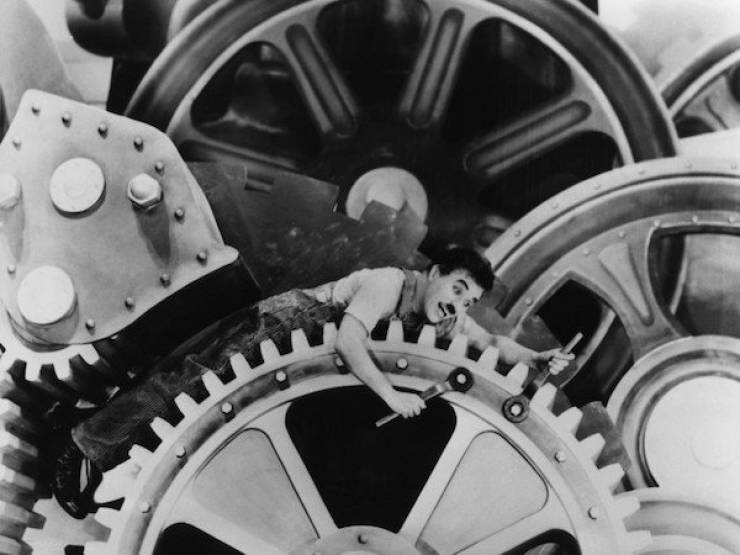
Night of the Hunter (1955)
GDT once commented that this film was so dark and beautiful that it made him weep. The story of a corrupt minister turned serial killer, who’s looking to charm a widow and steal her money is a gorgeously shot film and a supreme masterwork of cinema.
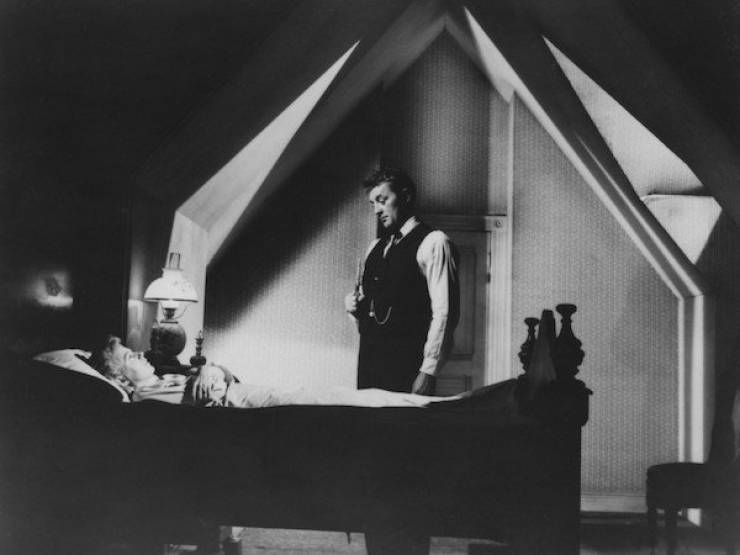
Nosferatu (1922)
If there’s a silent film that gets everyone going, it’s this one. It’s a masterpiece. For Del Toro, it’s a symphony of perfect visual storytelling, that makes the evil feel immediate and real. It’s hypnotic and puts its viewers into a trance. It’s also one of the pillars of every single vampire film made since then.
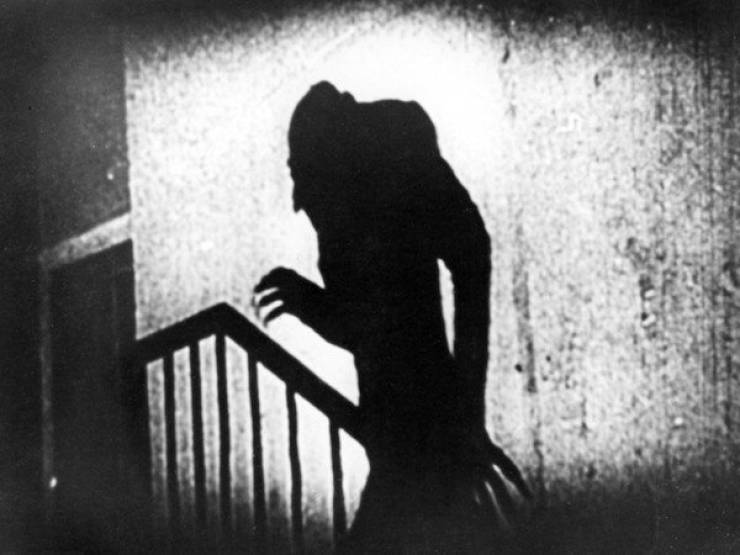
Los Olvidados (1952)
Known here as The Young and the Damned, this Mexican period piece is a surreal and anarchistic film streets kids in Mexico. For him, it’s like Dickens, but more ruthless and atheistic, demonstrating how innocence can suffocate easily in a concrete jungle.
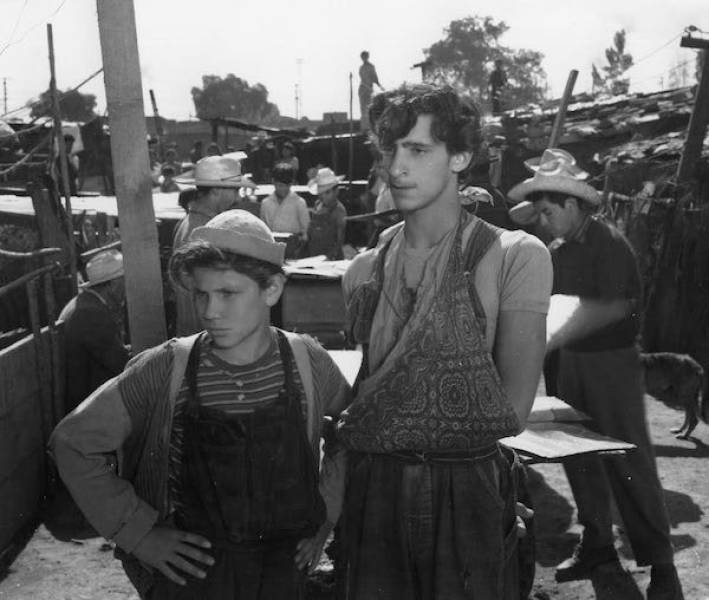
Ran (1985)
Right up there with the other masters, is Japanese legend Akira Kurosawa. This adaptation of Shakespeare’s King Lear is an operatic, pessimistic and visually spectacular film. It’s somehow both exuberant and elegant at the same time, which is a hard trick to master.
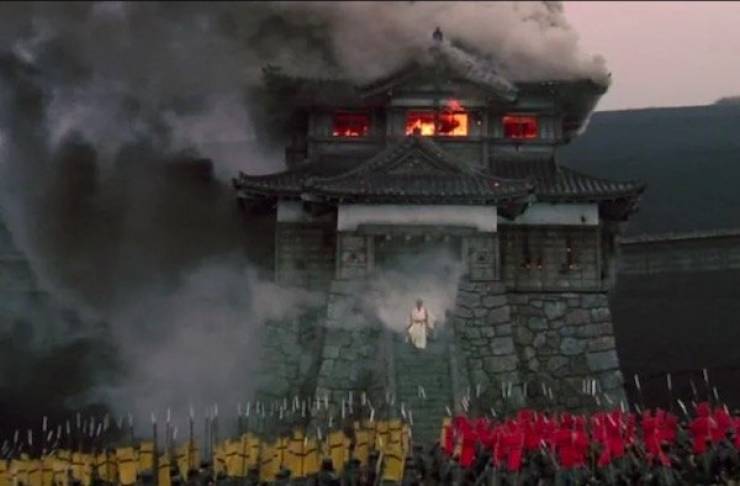
Roma (2018)
While a controversial choice, Del Toro considers this Mexican semi-autobiography by Alfonso Curon to be one of the greatest films of all time. While most will say that the story of a maid working for a middle-class Mexican family has no real ‘meat,’ the screenplay, direction and acting are superb in this film.
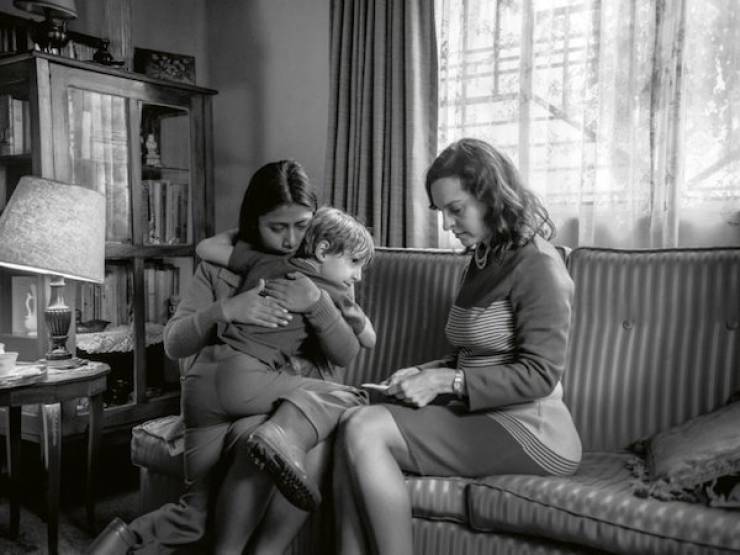
The Seventh Seal (1957)
Del Toro’s admitted in several interviews that he’s alway surprised that this is considered a ‘serious’ art film, when there are humor and comedic elements that are prevalent in this masterpiece. That’s why it’s one of the greatest of all time.
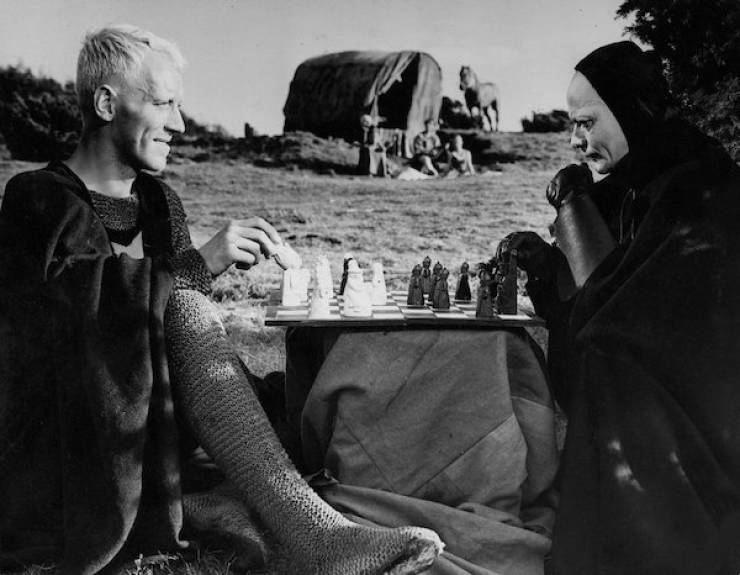
Time Bandits (1981)
This cult fantasy film is the first part of Terry Gilliam’s “Trilogy of Imagination” that includes Brazil and The Adventures of Baron Munchausen.
For GDT, he has a special love for this one, as it’s what he considers a children’s movie should be. It’s got humor, incredible cruelty, and an insatiable desire for fun and creativity.
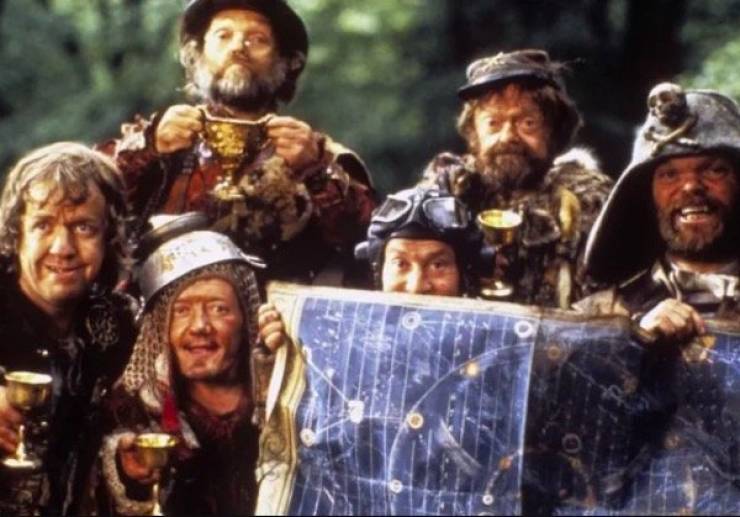
Vampyr (1932)
This early sound film from Danish filmmaking legend Carl Theodor Dreyer has pretty much inspired everyone. For Del Toro, it’s the camerawork that draws him in. It’s like a character in the film, rather than just a witness and it becomes an active participant in what happens.
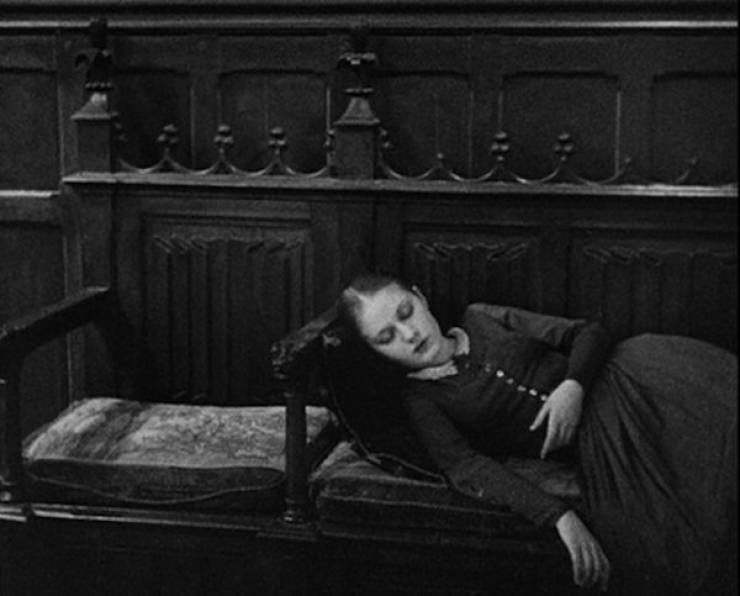
- 50shares
- 50
 Barnorama All Fun In The Barn
Barnorama All Fun In The Barn